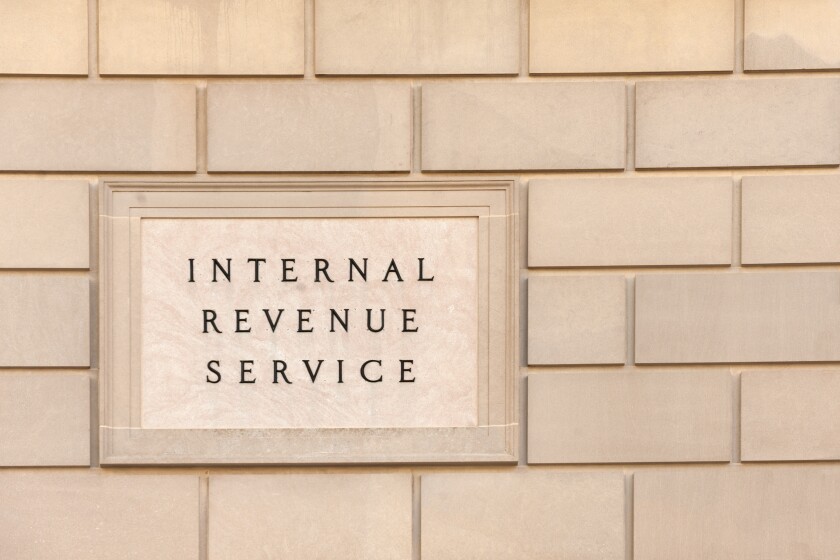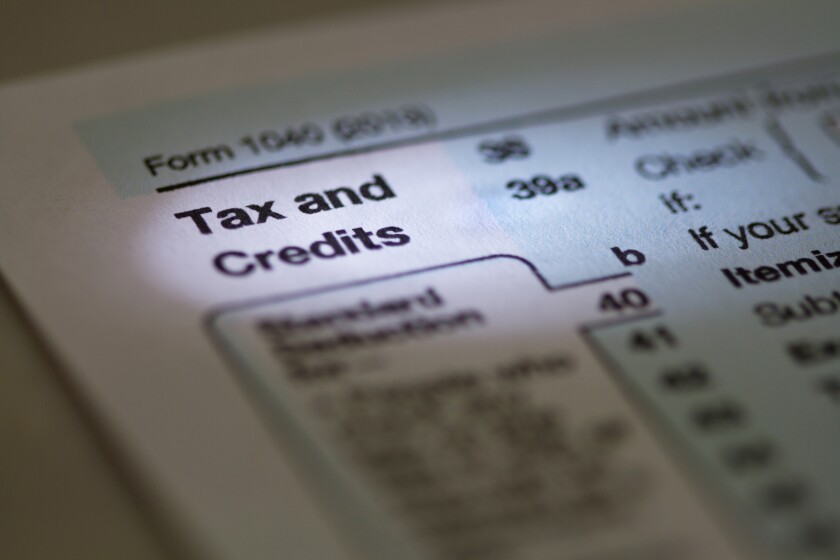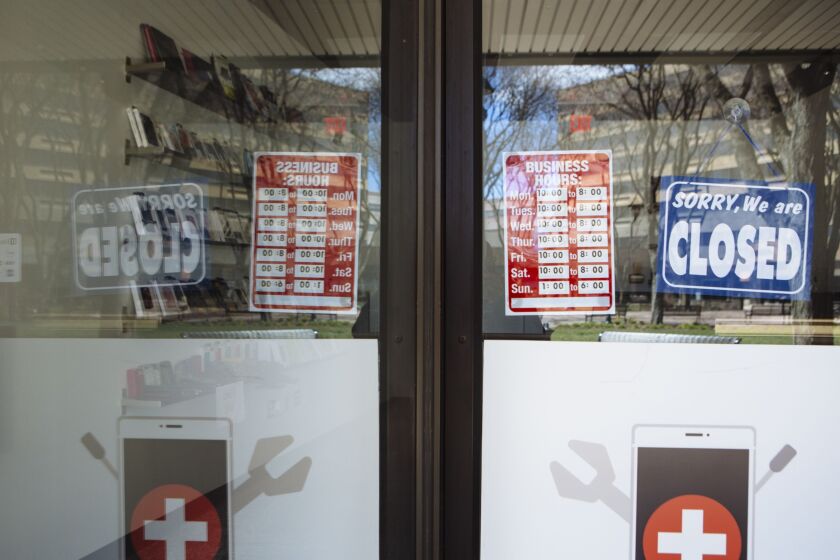Businesses have turned to workarounds to accommodate the coronavirus’ impact on brick-and-mortar stores, emergency measures that will likely become permanent in order for these businesses to survive into the future.
Many businesses that already had digital strategies were still not ready to move a huge portion of their operations to mobile or the web in response to the pandemic. If there is any good news, it’s that most of the tools they need already exist and can easily tie to the point of sale.
One strategy that’s popped up is stores posting photos of their inventory on Facebook, which has had a “buy button” for at least six years; more recently it added features to Marketplace that allow merchants to make online shopping videos. Facebook’s hardly alone, as other social networks, technology firms and fintechs — such as Google, Shopify, PayPal, Pinterest, Instagram and Twitter — have all added direct payment support to their feeds.
These features aren’t mainstream yet, but will likely become more common as stores that aren’t inherently e-commerce shops seek ways to turn temporarily closed locations into e-commerce showrooms supported by gig economy deliveries.

“There are a lot of businesses that have a harder time using typical online ordering and pickup because they rely on a personalized in-store experience and a connection to the local community,” said Derik Sutton, vice president of product and experience at Autobooks, a Detroit-based small-business payments technology company.
During a group interview, PaymentsSource spoke with Sutton as well as Jack T. Baldwin, CEO and chairman of BHMI, an Omaha, Neb.-based financial software company; Paresh Patel, founder and CEO of PayRange, a Portland, Ore.-based payment technology firm; and Corey Gross, co-founder and CEO of Sensibill, a Toronto-based payments company.
This story is the second of a two-part series on how payment technology executives are handling the coronavirus pandemic. Click here to read part one.
The executives spoke about issues such as the challenges in distributing stimulus funds to small businesses and consumers, and about how the pandemic and subsequent economic challenge has pushed local merchants to accelerate incremental moves to digital payments and omnichannel commerce that are more in line with large retail chains and e-commerce giants like Amazon.
“These small businesses will never be Amazon, but have a local following that wants to do business with them,” Sutton said. “Social media’s another option to have a personal experience for people who can’t go to the store and for types of businesses that sell items in which it’s hard to take payments at the curbside.”
The Internal Revenue Service’s Criminal Investigation Division issued a warning Thursday about a new wave of COVID-19 scams tied to the latest round of stimulus payments, especially targeting taxpayers in the District of Columbia.
Last month's COVID-19 relief bill has accountants recommending some deductions to clients, and wondering about the applicability of others.
The U.S. Small Business Administration plans to reopen the Paycheck Protection Program to small lenders on Friday and to all lenders next Tuesday.
The pandemic will also hurt the move to require small businesses to accept cash, while pushing cash-only businesses closer to extinction.
Amazon Go’s checkout-free store, which has spawned numerous competitors, has also sparked a political backlash that led Amazon to introduce a cash option. Given the coronavirus’ spread has made people wary of handling cash, paper notes will be less of an option.
“There are a lot of small businesses that still have an aversion to digital payments,” said Patel, adding the reluctance to make a modest investment in digital payment acceptance should quickly fade.
Fintechs such as Stripe and Square are aggressively pursuing the market to help small businesses recover from the pandemic. And both companies have existing businesses that offer relatively low-cost means for small merchants to expand beyond cash.
“Businesses may have thought that cash was free. But cash isn’t free. It takes a lot of labor to collect and deposit it, and it’s dirty. There are non-financial costs that can be attributed to it,” Patel said.
Fintechs have been active in the Paycheck Protection Program, placing pressure on banks to update strategies to pair digital payments with small-business banking services.
“There’s a lot of digital innovation and online portals for small businesses that are behind the curve," said Gross.
Examples include cash management features or visibility into incoming or outgoing payment volumes via a mobile banking app, Gross said. “Financial institutions need to take advantage to create more value-adds and mobile tools for small businesses.”
Investment in payments technology for small businesses may also expand. The rush to make temporary adjustments permanent will boost mobile wallet usage and technology investment. Much like the September 11 attacks brought business continuity to the fore, the coronavirus has shed a light on having alternative digital strategies, ranging from remote work to alternate ways to process transactions.
At the point of sale, that means more scanners for businesses of all sizes, Baldwin said.
“When this pandemic dies down and normal activity can be resumed, there may be an aversion to coming in contact with any public surface; people aren’t going to want to touch terminals,” Baldwin said. “Coming out of this, we’re going to be a push on mobile payments and software to facilitate ‘deviceless’ payments such as voice or face recognition.”





